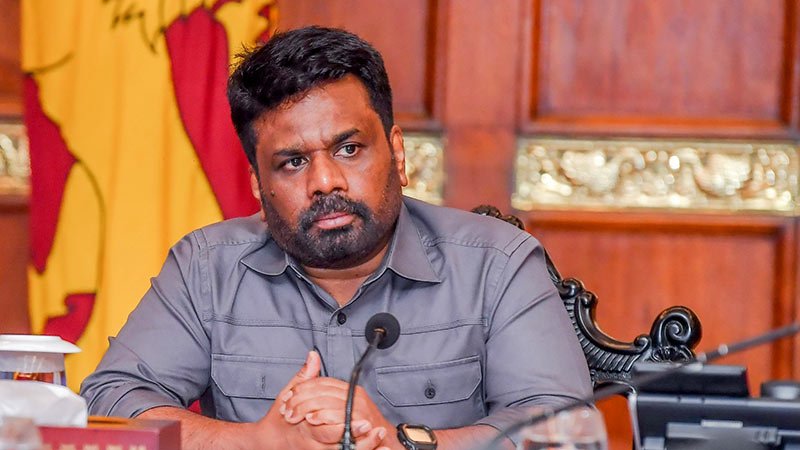
News Today: Sri Lanka’s President to hold key talks with party leaders
President Anura Kumara Dissanayake is scheduled to meet all party leaders today to discuss the impact of the newly imposed US reciprocal tariff system on Sri Lanka’s export economy. This high-level meeting will take place at 11:00 am at the Presidential Secretariat in Colombo.
The decision follows a significant request by 12 Opposition party leaders, who expressed concern over the unprecedented 44% tariff imposed on Sri Lankan goods entering the US market. The United States, under President Donald Trump, recently announced a sweeping tariff reform targeting countries with which it maintains a trade deficit. Sri Lanka, which exports nearly 25% of its goods to the US, is now grappling with one of the highest tariff rates worldwide under the new policy.
President Dissanayake will use this gathering to brief leaders on the government’s strategic response. According to Transport, Highways, Ports, and Civil Aviation Minister and Leader of the House Bimal Rathnayake, several mitigation steps have already been taken, including urgent diplomatic outreach.
As a part of its efforts, the Sri Lankan government opened bilateral talks with Washington earlier this week to lobby for relief. These discussions appear to have paid off partially, as the US has just announced a temporary pause on the new tariff structure for all countries except China.
This news today brings a wave of cautious optimism to local exporters and business leaders, who had feared a steep decline in revenue and competitiveness. However, concerns remain as the global economic landscape continues to shift amid protectionist policies.
Economists globally have warned that the US tariff hikes may trigger a slowdown in global trade, increase consumer prices in America, and stoke inflation. For Sri Lanka, the implications are direct: reduced foreign exchange earnings, slowed industrial growth, and risks to employment in export-driven sectors.
The President’s meeting aims to establish a united front among political parties and develop a comprehensive national strategy to cushion the impact of these changes.




Leave A Comment